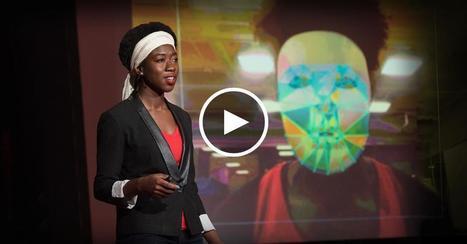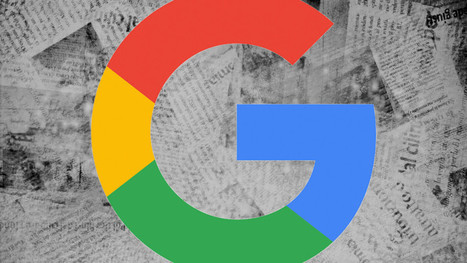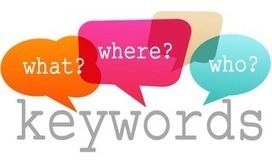The New York Technical Services Librarians, an organization that has been active since 1923 – imagine all that has happened in tech services since 1923! – invited me to give a talk about bias in algorithms. They quickly got a recording up on their site and I am, more slowly, providing the transcript. Thanks for the invite and all the tech support, NYTSL!
The Bigot in the Machine: Bias in Algorithmic Systems
Abstract: We are living in an “age of algorithms.” Vast quantities of information are collected, sorted, shared, combined, and acted on by proprietary black boxes. These systems use machine learning to build models and make predictions from data sets that may be out of date, incomplete, and biased. We will explore the ways bias creeps into information systems, take a look at how “big data,” artificial intelligence and machine learning often amplify bias unwittingly, and consider how these systems can be deliberately exploited by actors for whom bias is a feature, not a bug. Finally, we’ll discuss ways we can work with our communities to create a more fair and just information environment.
.



 Your new post is loading...
Your new post is loading...








![A Guide to Google Hummingbird [INFOGRAPHIC] | Information and digital literacy in education via the digital path | Scoop.it](https://img.scoop.it/8A8lU1FTNQ66-q56RwsnRzl72eJkfbmt4t8yenImKBVvK0kTmF0xjctABnaLJIm9)













